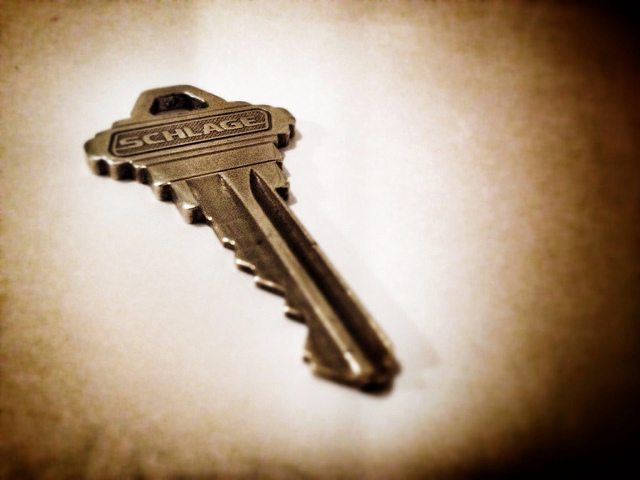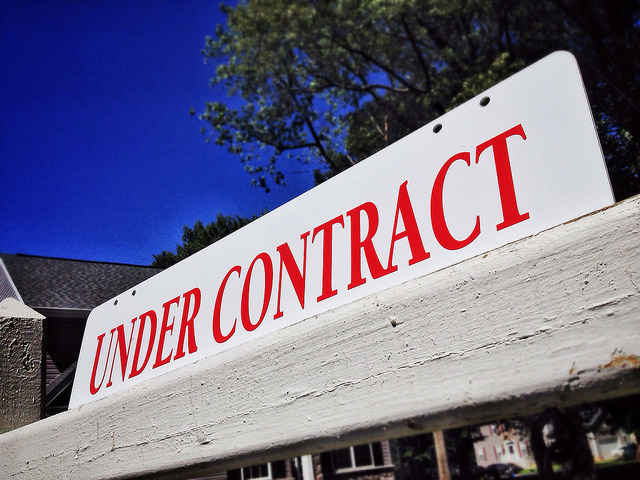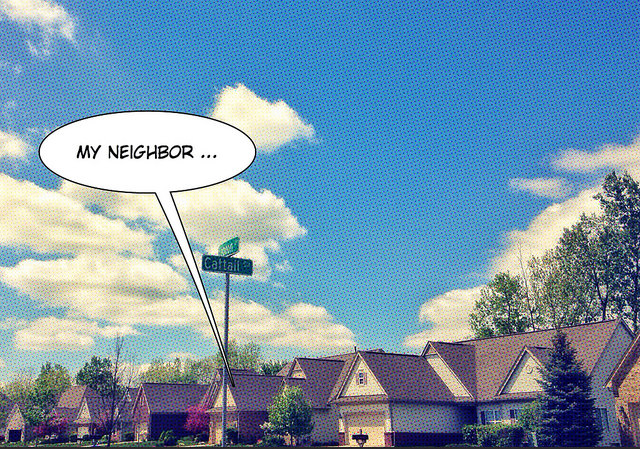Homeownership isn’t a get rich quick scheme. So you shouldn’t buy a house expecting its value to skyrocket and your wealth to instantly rise. The housing market will have its ups-and-downs and there are no guarantees. Which means, you probably shouldn’t buy a house hoping it’ll make you rich. And while that’s generally good advice, it doesn’t mean owning a home won’t benefit your bottom line. For example, according to ATTOM Data Solutions’ Q3 2018 U.S. Home Equity & Underwater Report, there are now nearly 14.5 million equity rich properties across the country. Equity rich refers to when the amount owed on the mortgage is less than 50 percent of a property’s market value. And the new numbers are not only good news, they represent a new high and an increase of 433,000 from one year ago. Daren Blomquist, senior vice president of ATTOM, says part of the improvement is the fact that people are staying in their homes longer. “As homeowners stay put longer, they continue to build more equity in their homes despite the recent slowing in rates of home appreciation,” Blomquist said. In other words, the longer you stay in a house, the more likely you’ll see a return on your investment. More here.












